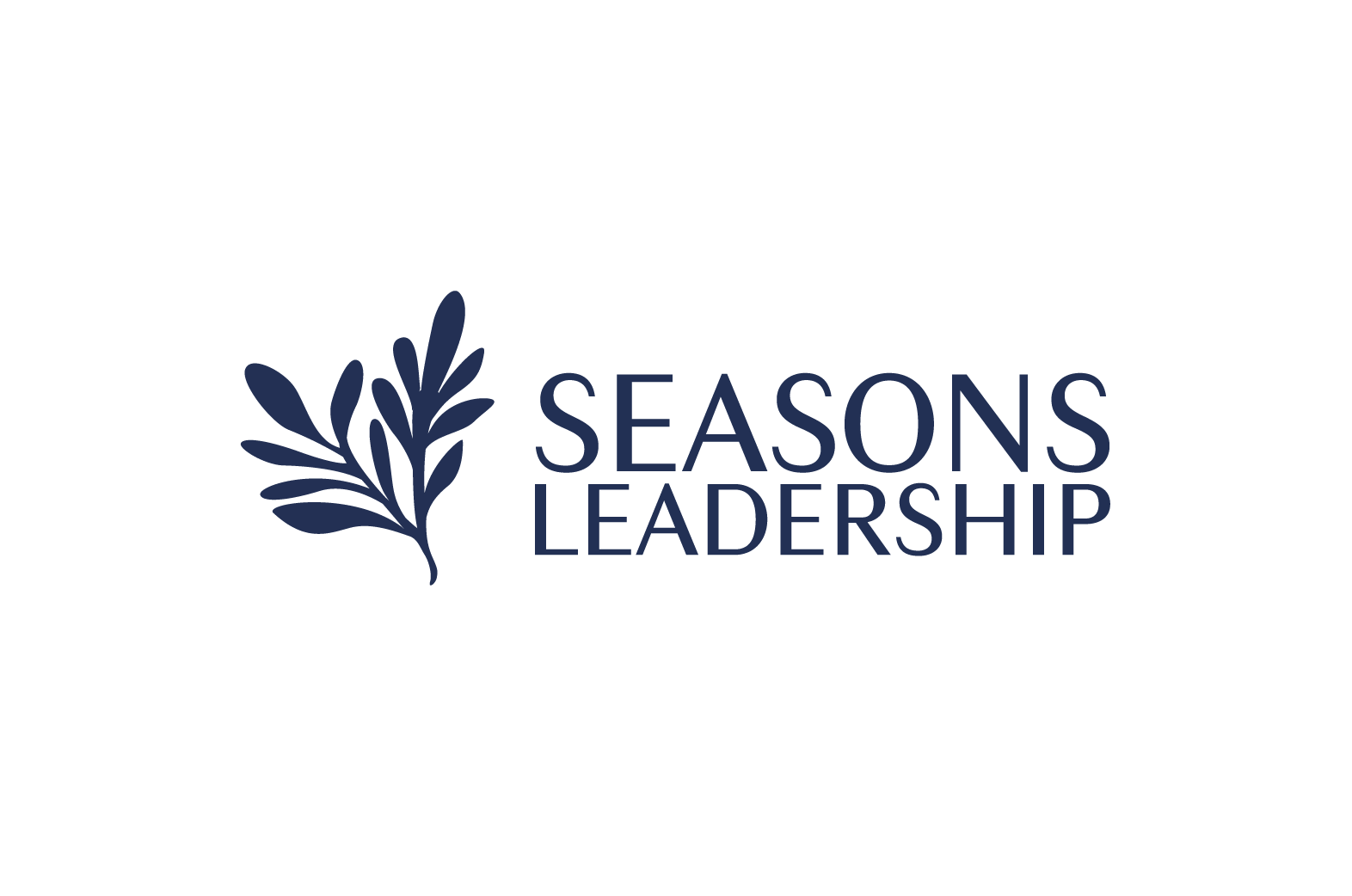You need a mentor and not just one but several. At Seasons Leadership, we define a mentor as someone with expertise and experience who will share their knowledge, skills, experience, and network to support the mentee further their career and develop capabilities. Good mentoring is done through teaching, sharing insight, ideas and suggestions and making connections within their network. And in this competitive world, good mentoring is not something you can afford to go without.
Defining a mentor relationship
First, you should understand that mentoring differs from coaching. Coaching is client-directed, with a coach listening more and supporting the client’s self-awareness and discovery (read more about the importance of having a coach and sign up for a coach with Seasons Leadership!). Coaching is usually a paid service, while mentoring is fundamentally relationship based and unpaid. A mentoring conversation is more mentor directed and focused on mutual benefit. Both help people reach their goals and accelerate development, and both processes are useful.
An HBR article from 1977, Much Ado About Mentors by Gerard R. Roche, found that: Executives who have had a mentor earn more money at a younger age, are better educated, are more likely to follow a career plan, and those who have had a mentor are happier with their career progress and derive somewhat greater pleasure from their work.
Although this is a dated study, the general findings still ring true based on our experiences in the workplace and as leadership coaches. As a result, we advise our clients to find and nurture relationships with mentors.
How to start a mentor relationship
Often, our clients don't know where to start, and they feel awkward approaching people to be their mentor. However, it is important to remember the mutually beneficial relationship you are seeking to create and if a potential mentor declines, don't take it personally. These experienced people often have multiple mentees and may not have the availability to do the mentoring relationship justice. Thank them for their time and ask if you could reach out in 6 months to reconnect.
Also, understanding the mentoring relationship and the mentee's responsibilities can help you be more successful. It is the mentee's responsibility to schedule the meetings, usually not longer than 30minutes – monthly, quarterly, or half yearly, depending on the current circumstances. Be prepared with a specific agenda or topic and inform your mentor a week ahead of time.
Defining mentorship success
Over time you might develop a deeper relationship with your mentor and even become friends, but maybe not. The relationship might not go beyond mutual respect and support as colleagues; both outcomes are a success. When I look back on the growth, I experienced in my mentorship relationships I can draw a map of my own success.
One example of a mentor I had early in my career is a senior leader in my organization. He would periodically provide feedback when he saw me “in action” leading a project, presenting to executive leadership, or providing a written report. He was a quiet man and provided this feed back usually through handwritten notes. These were so impactful to me that I keep them even to this day. One day, after several years of working in his organization, he suggested that I apply for an HR position that was outside of my “normal” career path – something I would never have considered. However, because of my respect and trust for him and his judgement, I applied for the job. I got the job, and it turned out to be one of the most interesting and best growth opportunities I would have in my career. It was a short-term assignment that when completed opened new avenues and accelerated my growth. Without the guidance of my mentor, this would never have happened because it was something I thought was outside my field.
In a later post, I will share the three different mentorship relationships you should consider pursuing and how to identify, connect and evaluate each. These relationships are invaluable to your growth and worth the investment.













